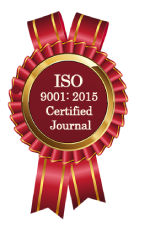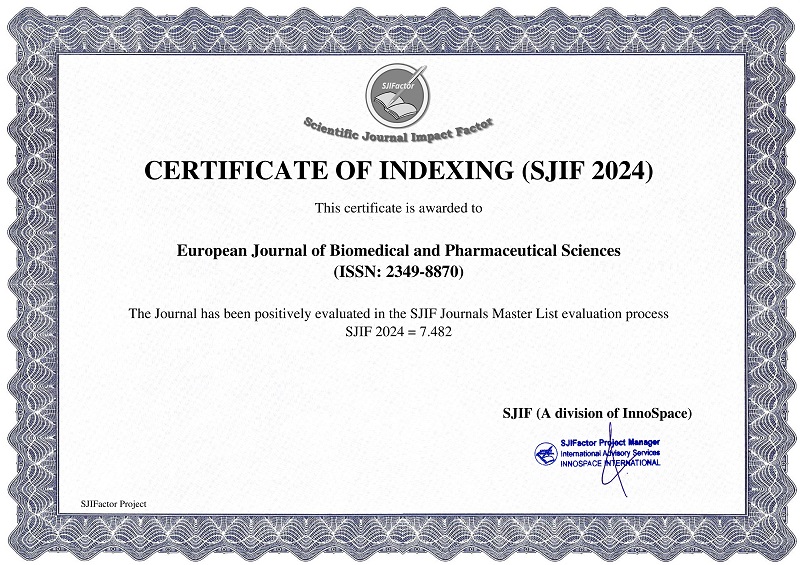ANTITRYPANOSOMAL ACTIVITY OF ESSENTIAL OILS EXTRACTED FROM ROSMARINUS OFFICINALIS AND SALVIA FRUTICOSA
Safaa M. Barghash*
ABSTRACT
Objective: The present study aimed to evaluate the antitrypanosomal activity of Rosmarinus officinalis L. and Salvia fruticosa essential oils (EOs) against Trypanosoma evansi. Methods: The chemical compositions of these oils were elucidated by GC and GC/MS analysis and assayed for their in vitro and in vivo antitrypanosomal activity. Different concentrations of EOs were prepared at 10 μg/ mL, 20 μg/ mL, 40 μg/ mL, 80 μg/ mL, 100 μg/ mL, 200 μg/ mL, 400 μg/mL in the diluent and tested for their in vitro at different time intervals and, parasitemia monitored along with 30 minutes of incubation. The two oils at the most suitable concentration were inoculated in infected Wester rats with the parasite to evaluate their in vivo activities. Results: Three concentrates caused significantly earlier and higher mortality than Diminazene aceturate (DA). Out of them, the concentrate of 100 μg/ mL was used for the in vivo study. The clinical findings include haemogram, hepatic-renal function tests, as well as, histopathological changes were better in oily treated rats than in the drug and infected controls. It was following the type of treatment and the sex of the experimental rat group. Statistical analysis showed significant differences within all parameters (except ALT). S. fruticosa followed by R. officinalis L. improved the clinical and immune response against T. evansi. Conclusions: The two tested oils could be used against T. evansi as a potential alternative to substitute commercially available drugs after fractionating each component separately and validating the materials.
Keywords: Antitrypanosomal activity, Rosmarinus officinalis L., Salvia fruticosa, Trypanosoma evansi, Egypt.
[Full Text Article]
[Download Certificate]


 Impact Factor : 8.181
Impact Factor : 8.181 






